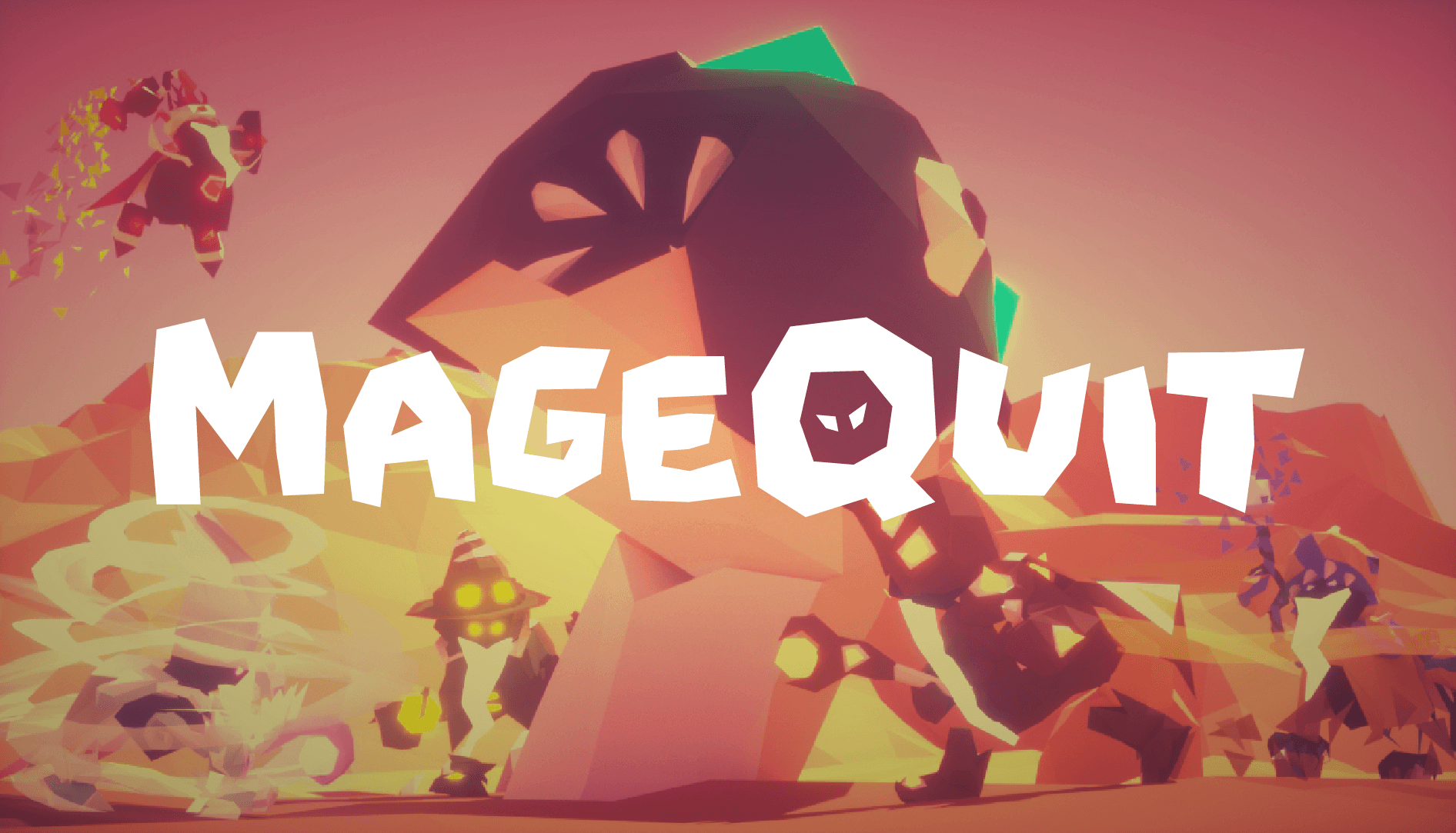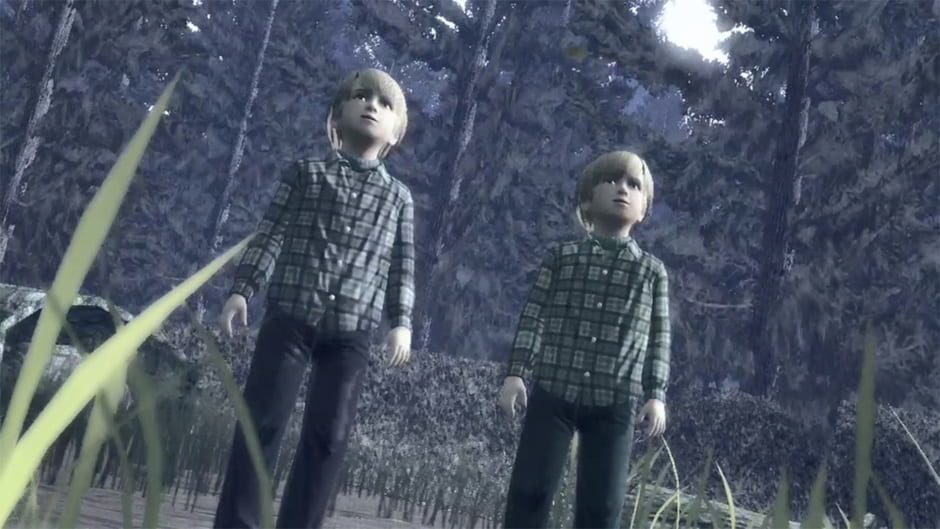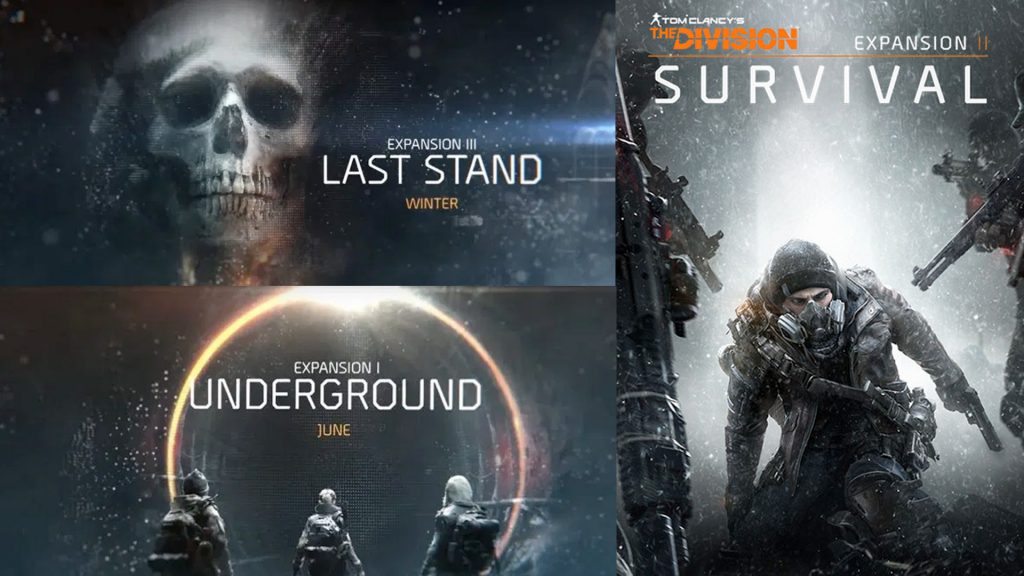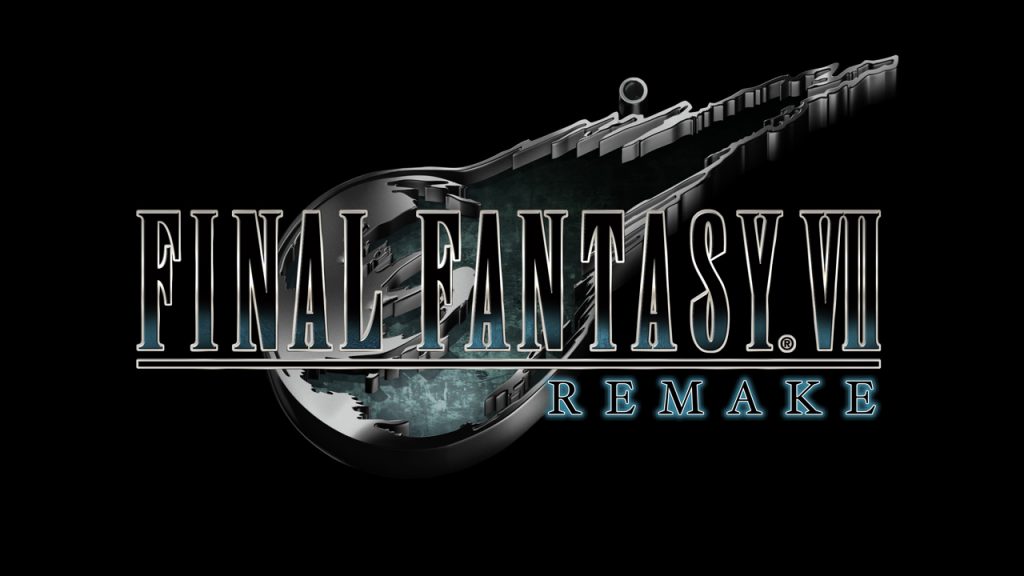Nathan Collier @thenatejc
I love my beard.
I host a podcast with three other co-hosts who also love and cherish their beards.
So naturally, when I was covering DreamHack ATL and saw a game focused around wizard beard growth I sprinted through a large crowd to run over at meet one of the developers (my own beard granting me speed and strength as I ran to the booth), and I’m so glad I did.
MageQuit is a battle royale party game developed by two brothers who founded Bowlcut Studios. The Grand Rapids based studio has put out one of the most entertaining and engaging party games I’ve ever experienced.
MageQuit is a multiple round battle royale game where the players are wizards casting spells at each other. Throughout each round you can add spells to your arsenal making every round more chaotic and fun than the last. Players who are in the losers bracket can choose their new spells and winning players are given randomized spells.
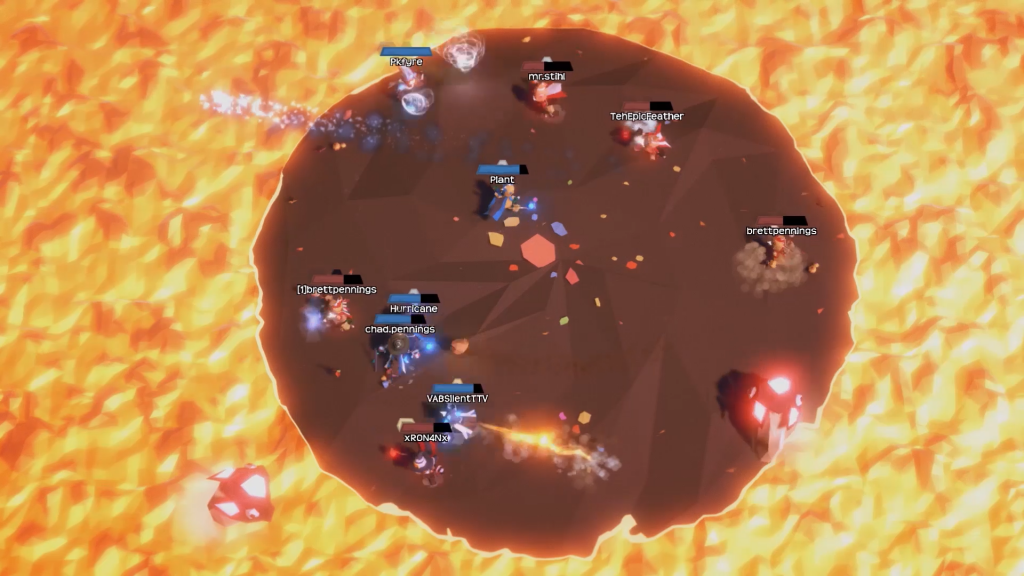
As you defeat opponents your wizards beard grows. At the end of the entire match all the wizards are measured by beard length with the longest bearded wizard being crowned champion.
Beard-based-performances, or BBP’s as I’ve suddenly decided to call them, are one of the best things to ever happen to the planet.
I was lucky enough to have the opportunity to pose a few questions to Bowlcut Studios art and animation guru, Chad Pennings. Here’s our beard heavy conversation.
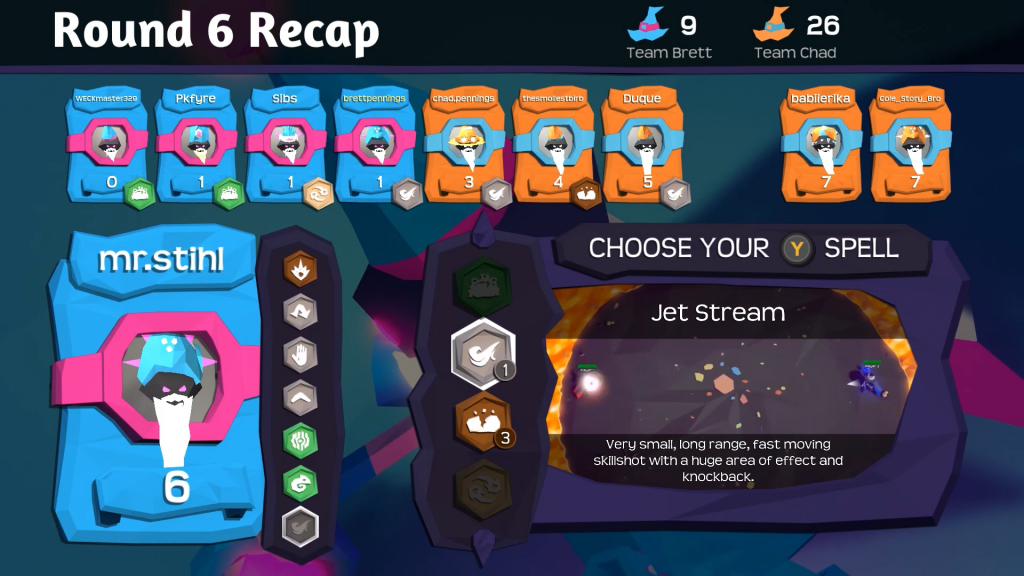
What’s the general inspiration for MQ?
My Brother and I (the 2 devs) played a Warcraft 3 mod map called “warlocks” growing up which we enjoyed a lot. It was a wizard brawling game on a single map surrounded by damaging lava. We took that idea and pushed it further by adding spell drafting, spell curving, map objectives, and a large variety of abilities.
Every time I was near your booth at DreamHack ATL I always noticed how the players were smiling and enjoying themselves. The game at your booth was so clearly gravitating players to it. What does your team attribute all these positive reactions to?
We attribute the reactions to the physics-based nature of the game which allows for funny interactions between various spell combinations. Another reason is that since the game is 10 players, people can easily come by and play with a large group of friends. Also, since you start the game by drafting only 1 spell it allows you to learn right away and jump into the action.
How big is the current spell library of the game? Any plans to expand it?
Currently, we have 6 elements that have 7 spells each. Water, air, earth, fire, sand, and nature, which brings the total to 42. We about to finish out 7th element “electric” in time to demo it at PAX South this year which brings the total to 49 spells. We plan on having a total of 10 elements / 70 spells.
The spell progression system through the rounds of the game has been called “ingenious” by outlets like ScreenRant. Would you call the system the key mechanic of your game?
Yup! That would definitely be the key mechanic for our game. The spell drafting system helps keep the scores close because losing players can pick the spells they want and climb back up. The drafting system also increases variety since you often have to work with what spells you have available and come up with your own combos on the fly, rather than relying on an overpowered spell or combo. Another mechanic for the game is that we purposely made the movement of the wizards slow and cast times long to dramatically increase the intensity which really gets reactions out of people.
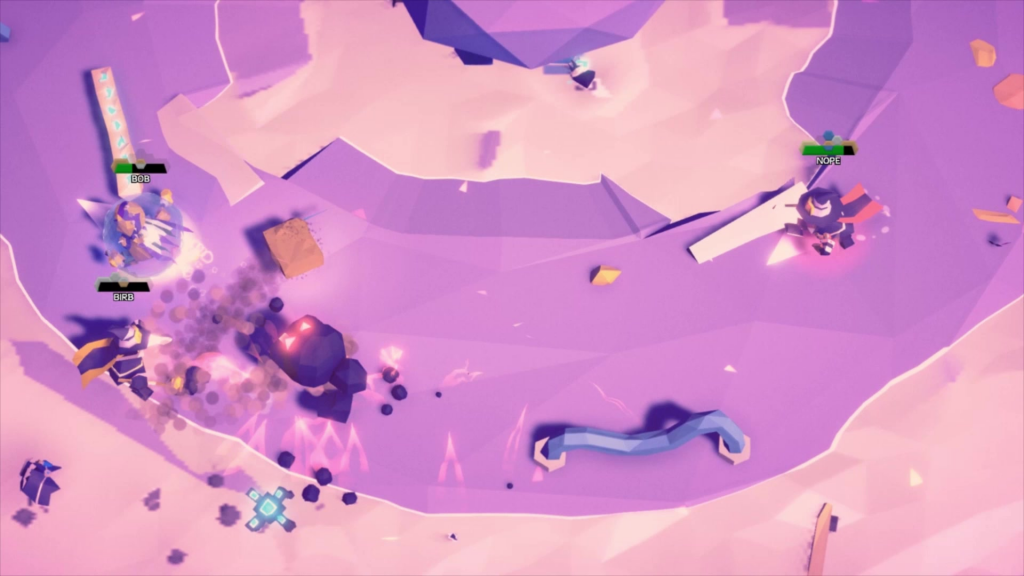
Any current favorite trends in the party-game genre?
Our current favorite trend is to make games that are inclusive to non-gamers. Example: Drawful
At what moment did you and Bowlcut realize you had a bone fide hit?
We realized we were onto something once we could not stop playing our own game. Instead of developing, we would often just sit there 1v1ing each other. Then once we brought the game to conventions it was always very well received which helped reaffirm that.
Is Bowlcut staying firmly in the party-game space for now? If you ventured into another game genre which would it be and why?
We plan on keeping up the theme of creating large local multiplayer games that allow you to play online as well. We want to bring back local party games just like we want to bring back bowlcuts.
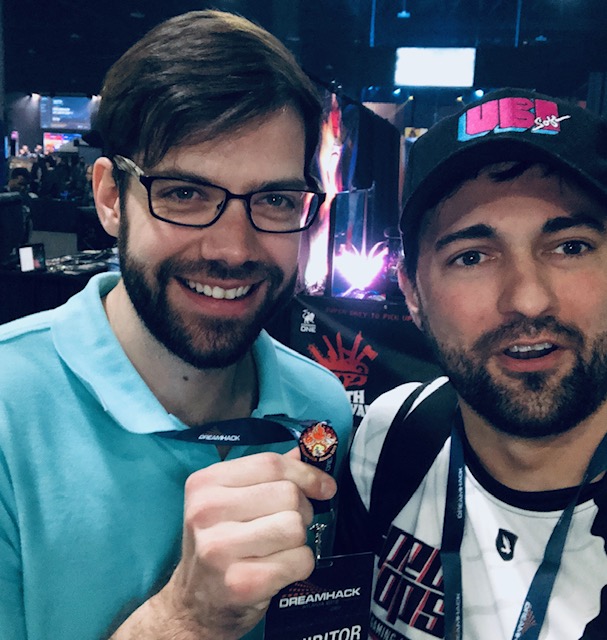
Nathan is the co-host and co-creator of the Splash Damage Bros. podcast. He is strictly team Tifa.
